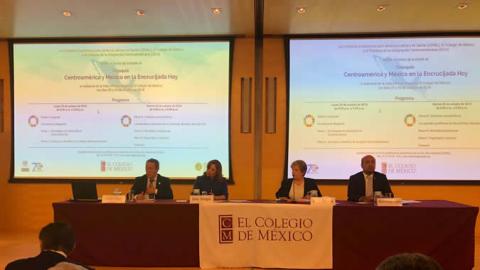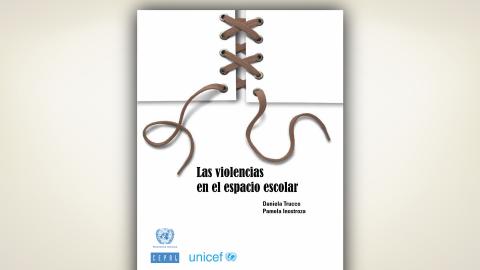Comunicado de prensa
Outputs
The Project has allowed generating a regional panorama of the complexity of the relationship between youth social inclusion and violence, that has fed a regional youth observatory on policies and programmes, and that has allowed to elaborate a deep analysis of the institutional configuration on youth issues. The construction of a regional database focused on youth will constitute a huge contribution of the Project that will serve to several counterparts for conducting analysis on specific topics.
The regional panoramas have been constructed considering national experiences and comments that have been presented by the national counterparts through national seminars celebrated in Central America. These events have allowed a very rich exchange of experiences among the main stakeholders within the countries, not only governmental ones but also international cooperation agencies, nongovernmental organizations as well as academics.
The construction of a toolkit containing the main policy recommendations, as well as relevant considerations related to institutional configuration supporting an integral youth policy, is a crucial output of the project that is being delivered to the stakeholders through capacity building seminars during 2015. This process is expected to lead to the conformation of a network of policy makers and relevant stakeholders on social inclusion of youth that can be sustained beyond the conclusion of the project itself.
As a result, we do not only expect that the governments will have better capacities and access to useful information, but also that there will be an increased number of policy initiatives addressing youth inclusion in contexts of violence considering or applying the suggestions and recommendations defined by the Project.
Contact: Humberto Soto


